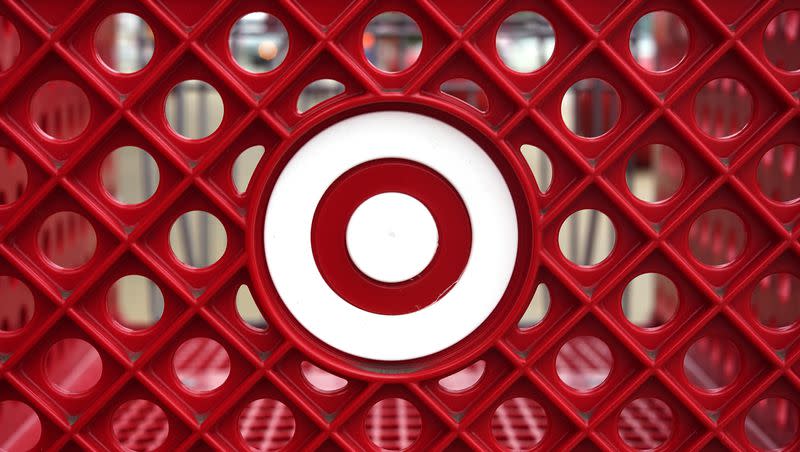Will $25 turkey dinners win back the conservatives boycotting Target?

When retailer giant Target has been in the news lately, it’s usually been about falling sales, closing stores or conservative backlash over LGBTQ-themed merchandise. But the store had a win this week with the announcement that it would sell $25 Thanksgiving meals for four.
Even the New York Post reported the news without a mention of recent controversies, although it didn’t take long for readers to bring them up in the comments.
It’s unknown whether the marketing strategy was specifically designed to win back parents who stopped shopping there after Target offered swimwear for transgender adults and those who object to the company’s embrace of rainbow-themed merchandise. Many other stores, after all, offer Thanksgiving meal deals, too.
But the low price point — less than the average 16-pound turkey cost last year — is surely attractive to families struggling with inflation and could woo some shoppers back.
A 16-pound turkey cost $28.96 in 2022, according to American Farm Bureau, which calculates the cost of a traditional Thanksgiving meal each year. (This year’s tally, however, won’t be released until Nov. 15.)
Target’s deal includes a 10- to 16-pound turkey, potatoes, cranberry sauce, stuffing, gravy, green beans and a can of cream of mushroom soup, according to the store’s website.
Related
Like Bud Light, which has also been the subject of a boycott after featuring transgender influencer Dylan Mulvaney on a promotional can, Target has seen sales decline, although Target CEO Brian Cornell said in an earnings call in August that “multiple headwinds” had slowed business.
Bud Light, an iconic brand that this year became a verb signaling a boycott, has sought to win back consumers by investing heavily in NFL advertising, and it also recently announced a multiyear sponsorship of the mixed martial arts competition Ultimate Fighting Championship.
Northwestern University marketing professor Tim Calkins told Yahoo! Finance the brand is “likely to spend an enormous amount of money to try to rebuild its brand after the shocking declines earlier this year.”
Related
Some analysts have said that Bud Light might have lost 15% of its customers permanently, but writing for The Hill, Vikas Mittal, a marketing professor at the Jones Graduate School of Business at Rice University, said that the losses weren’t all because of conservatives. Progressives also soured on the brand, believing that Bud Light hadn’t done enough to support Mulvaney during the controversy. Efforts “to mollify one group earn the ire of all,” Mittal said, although he also said that other factors were at play, including a “mediocre product.”
Regardless, the boycotts are still being promoted on social media as evidence that conservatives have buying power and their actions matter. Newsweek reported that after Bud Light’s UFC announcement, some fans canceled subscriptions to ESPN+ and UFC Fight Pass. And on X, formerly Twitter, some people are critically taking note of Target’s rainbow-themed holiday decorations.
Target's chief executive officer insinuates that Christians are more dangerous to his employees than the Black Lives Matter terrorists who burned down city blocks across the nation. Meanwhile, Target has rolled out its gay-themed Christmas decorations. They believe gay pride is… pic.twitter.com/gRWlothHKe
— toddstarnes (@toddstarnes) November 3, 2023
In an interview this week with CNBC’s Becky Quick, Target’s CEO talked about some of the factors that led to the boycott, including the fact that Target promoted its pride merchandise ahead of Pride Month, “early in May versus June 1.”
“So we were way ahead of the industry,” Cornell said. “It was the first thing you saw when you walked into our store. So it was very prominent. And I think those two factors coming together — being early, being prominent in an environment where people had points of view they wanted to express, we were the front of that. So as we go forward, we’ll time it differently. Next year, you’ll see Pride on June 1. It’s not gonna be the first thing you see in our store, but we’ll present it appropriately.”
Quick then asked Cornell whether this controversy has passed. “Yeah ... I think it’s a moment and we’re through it,” he said.
The company’s next earnings call is Nov. 15.

